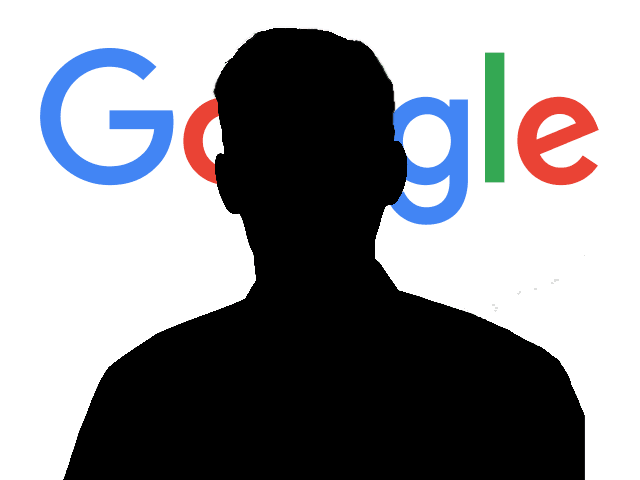Free speech platform Quillette recently published an opinion piece titled “Thinking Critically About Social Justice” which discussed the recent decision of the National Labor Relations Board (NLRB) in the case of former Google engineer James Damore.
The opinion piece published in Quillette is written by Uri Harris and discusses recent comments from the NLRB’s attorney, which Breitbart Tech covered here.
The NLRB’s determination has emerged after Damore, together with another former Google engineer, filed a class action lawsuit against the company alleging an institutionalised culture of harassment towards people with conservative or libertarian political views. Their complaint is eye-opening. Damore and Gudeman lay out in detail the many ways in which this harassment occurs: a pervasive environment of disparaging jokes and demeaning language amongst colleagues; a climate of bullying, mocking, and personal attacks from superiors and others in power; an open endorsement by superiors of bullying (referred to internally as social pecking); an unwillingness by superiors and administrators to act upon threats of violence; the use of incentive programmes to promote and celebrate harassment; a set of training programmes that foment hostility through emotionalised and unnuanced company-endorsed lectures; and a number of other mechanisms that disincentivise or punish political expression, which in Damore and Gudeman’s case eventually led to their dismissals.
Harris further discussed the increasingly hostile attitude towards conservatives within Silicon Valley.
Silicon Valley has historically had a reputation for being quite libertarian, but it appears to be becoming increasingly intolerant towards conservatives and even libertarians. Companies seem to be rapidly adopting a culture of social justice that is far more consciously activist than the libertarianism and/or moderate liberalism that preceded it. As a consequence, conservatives and libertarians are now viewed less as people with different views, and more as obstacles to moral progress, thus justifying their harassment.
A similar trend seems to be taking place in other parts of society as well. The last few Oscars and Grammys clearly demonstrated a more overt embrace of social justice ideology by the mainstream entertainment industry than before. (Although undoubtedly due in part to Donald Trump’s election.) Likewise, psychologist Jonathan Haidt has been outspoken about the cultural shift towards social justice that has taken place at universities in recent years. Haidt also co-authored a 2015 paper which documented instances of discrimination and a hostile climate towards conservatives, as part of the explanation for why the number of conservatives in academia has been declining. And it’s not difficult to see how a conservative or libertarian would find working in the mainstream entertainment industry uncomfortable.
Harris then discusses the methodology behind social justice warriors at companies such as Google saying:
The methodology underpinning much of the social justice perspective is known as critical theory, which draws heavily on German philosopher Karl Marx’s notion of ideology. Because the bourgeoisie control the means of production in a capitalist society, Marx suggested, they control the culture. Consequently, the laws, beliefs, and morality of society come to reflect their interests. And importantly, workers are unaware this is the case. In other words, capitalism creates a situation where the interests of a particular group of people—those who control society—are made to appear to be necessary truths or universal values, when in fact they are not.
The founders of critical theory developed this notion. By identifying the distorting effects power had on society’s beliefs and values, they believed they could achieve a more accurate picture of the world. And when people saw things as they really were, they would liberate themselves. Theory, they suggested, always serves the interests of certain people; traditional theory, because it is uncritical towards power, automatically serves the powerful, while critical theory, because it unmasks these interests, serves the powerless. All theory is political, they said, and by choosing critical theory over traditional theory one chooses to challenge the status quo, in accordance with Marx’s famous statement: “Philosophers have hitherto only interpreted the world in various ways; the point is to change it.”
Read the full article here.
Lucas Nolan is a reporter for Breitbart News covering issues of free speech and online censorship. Follow him on Twitter @LucasNolan_ or email him at lnolan@breitbart.com

COMMENTS
Please let us know if you're having issues with commenting.